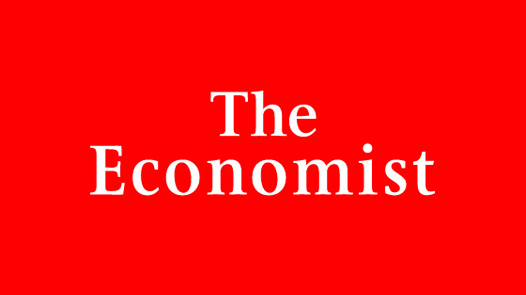US diplomat in Moscow provides laughs with an epic Twitter fail

On Friday, Will Stevens, a spokesperson for the US embassy in Moscow, tried to be funny on Twitter. To say it didn’t end well, would be quite the understatement.
Some backstory before we get to the tweet:
Stevens posted a link to a segment of RT’s In The Now, in which Anissa Naouai breaks down a recent piece from The Economist, which claims in its opening line: “JUDGING by the lack of economic news in Russia’s media, a crisis has arrived”.
This claim, that there is little to no discussion about the Russian economy (in Russia) came as quite a surprise to, you guessed it, people who actually live in Russia.
According to The Economist, Russian journalists are dutifully covering it all up to protect their Dear Leader, Czar Putin.
There’s just one little problem. They’re not.
In his latest piece for RT, Bryan MacDonald writes:
“This is complete rubbish. Trust me, I am tired of the constant TV coverage of fiscal circumstances here in Russia. It’s wall-to-wall analysis of the ruble’s slide, to such an extent that I subconsciously seem to know the currency rates by heart.”
So, Westerners who actually live in Russia (and speak Russian) are tired of the “wall-to-wall” coverage of Russia’s economic woes, but The Economist, with its raft of capable journalists, couldn’t manage to find any of it.
Kind of funny, isn’t it?
It’s almost like there’s something else going on here.
As Naouai explains, The Economist trusted you, mostly likely a non-Russian speaker, not to hold this vociferous claim up to any scrutiny. So she did it for you.
Here’s the segment. See for yourself:
But let’s go back to poor old Will Stevens, lest we forget him — because that’s where this gets really good.
Will came across this YouTube clip and did what any spokesperson who is entrusted to craft the message of the US government would do: He decided to twist it into something it was not. He’s probably friends with Jen Psaki.
He took to Twitter and wrote: Russia Today teaches us “How to Write Propaganda”
But what he wrote next led me to seriously question whether or not he actually watched the clip he was posting or merely liked the sound of it and decided to pass it on regardless of its content.
Because surely, had he watched it, the next line of his tweet would not have been so utterly stupid.
So confident in the outcome, he decided to take a poll. He wanted to know who Twitter trusts more, The Economist or RT. He asks his followers to re-tweet if they trust The Economist, or ‘favorite’ the tweet if they trust RT.
It backfired. Spectacularly.
The result?

The whole incident is indicative of something very unpleasant.
Stevens was so sure that the poll would go the other way. Why? That’s what happens when you’re so deeply entrenched in your own misinformation. You believe it and you assume everyone else will too.
Or as MacDonald put it:
“When you come from an atmosphere like that of the US, where the media mostly regurgitates government policy positions, it’s surely quite a shock to discover that many of the other 6.5 billion on Earth don’t agree with you.”
Stevens has since tried to play down the embarrassment.
We shouldn’t have read so much into his tweet, he says. RT must just have some really dedicated Twitter followers, he implies.
Readers of The Economist are probably too good for Twitter polls. Or maybe Putin, upon hearing such a poll was being taken, decided to fix it.
Peskov: Vladimir, an American diplomat has asked Twitter who is more trustworthy, that dastardly Economist rag or your pet project RT. Quick, tell me what to do! We must act!
Putin: Forget the ruble, Dmitry. Prop up this poll, immediately!
If you didn’t read that exchange with bad Hollywood Russian accents, I feel sorry for you. It was mildly funny that way.
It seems for the American embassy in Moscow, any explanation would be better than cold, hard reality.
Follow me on Twitter @DanielleRyanJ
